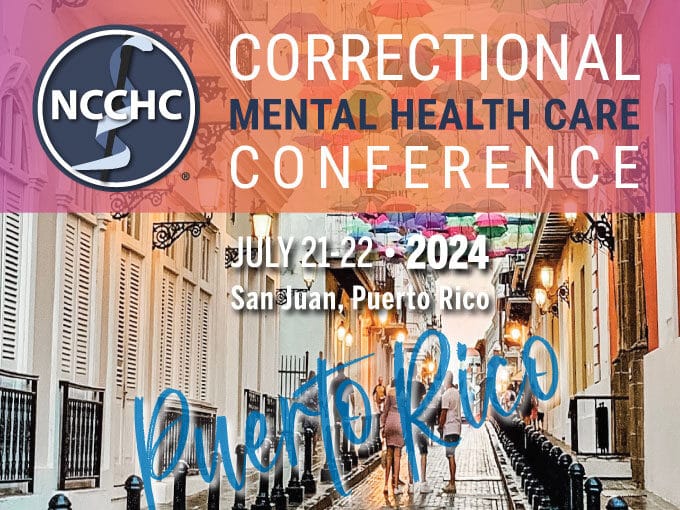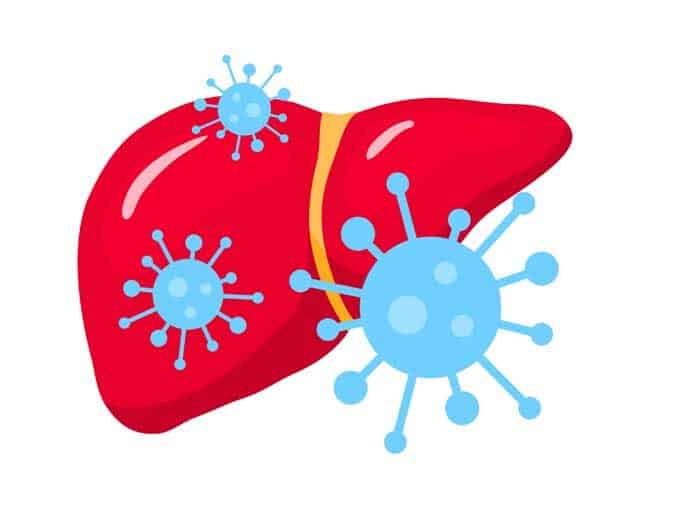
Say hola to Puerto Rico
The 2024 Correctional Mental Health Care Conference will be held in sunny San Juan!
Home Priorities for 2022 … and Beyond
 Mar 16, 2022
Mar 16, 2022It is my privilege to serve as the new chair of NCCHC’s Governance Board. It has been an amazing six years as the American College of Healthcare Executives liaison, and I am excited and honored to be serving as the chair for 2022.
During my career, I have held leadership roles in hospital and nursing home administration, consulting, strategic planning, mergers, and outpatient dialysis. Correctional health was never on my radar. When I stumbled into juvenile and adult correctional health care, I found it fascinating, challenging, discouraging at times, but always very rewarding.
I see many opportunities for NCCHC and the correctional health care field moving forward. I’d like to highlight some of the most important here.
Priority 1: Attract talent to the profession. We need young professionals in correctional health care but often, as was the case for me, this career is not on a graduate’s radar coming into the job market. We can all play a role in promoting correctional health as a career choice in our communities, colleges, and professional organizations. There is significant talent out there, and I believe many exceptional people would find correctional health as rewarding as we do if they were knowledgeable about this career path.
Priority 2: Develop collaborations and joint ventures to integrate specialty care with public health facilities and universities. Given correctional health care’s limited financial resources and the widespread locations of correctional facilities, developing joint ventures with local university medical schools and hospitals provides a viable option for specialty services such as infectious disease. State medical universities are also a resource for telemedicine and telepsychiatry, creating access to virtual treatment for incarcerated patients.
Priority 3: Bridge the gaps for incarcerated people returning to the community. Upon release, incarcerated individuals are faced with many new challenges, and also present challenges to our local communities’ public health systems. Developing relationships with community organizations and leaders provides opportunities for continuity of care and integration of the incarcerated population transitioning into the community, particularly in this unprecedented time of employee shortages.
Priority 4: Address the needs of an aging population. We face a unique challenge with our aging population. Implementing hospice programs in place and creating a peaceful and comfortable environment, along with training health care and custody staff on dealing with dying patients, is essential. Expanding programs for dementia and geriatric care is also critical.
There are numerous other challenges as well, among them the ripple effects from immigration and language barriers, increased civil instability, racial tensions, and political unrest. One constant we can be sure of is that there will always be more changes, challenges, and opportunities to come.
I’d like to encourage everyone to attend NCCHC conferences. As you get to know people, I think you will find, as I have, that it’s like having an extended family. The NCCHC conferences are a great place to learn, network, and build lasting friendships with others who understand the challenges – and joys – of working in this unique field and have discovered that one truly can make a difference.
Samuel Soltis, PhD, MHA, CCHP, is the 2022 chair of NCCHC’s Governance Board and board liaison of the American College of Healthcare Executives.


